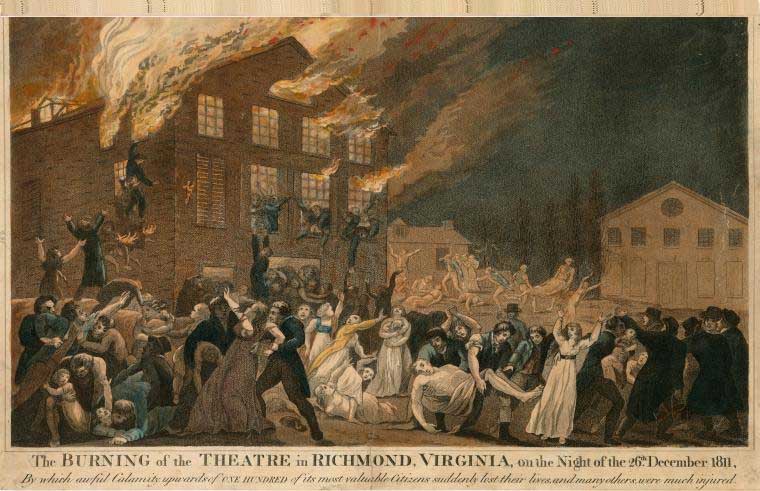Present at the Founding, Now Standing Before Our Lord.
In years past we have written several times on this date of the founding of the PCA. There were 223 pastors present at the founding of the denomination in 1973, first named the National Presbyterian Church. A year later the young denomination took its permanent name, the Presbyterian Church in America. By the grace of God, the majority of these 223 founding fathers are still with us, and many of them still labor in pulpit ministry. Sadly, some sixty of them have passed away. And we would not overlook the role played by those founding fathers were were ruling elders, though regrettably, their names are not so easily gathered. All these took their stand for the Scriptures, the Reformed faith, and the great Commission. As the Lord enabled them, so we praise Him for how He worked through them.
Provided here without further comment is a list of those teaching elders who were present at the founding of the PCA, but who have now gone on to their eternal reward. Their life dates and their Presbytery membership at the time of their death are also noted. I think this list is up to date, but if I have missed any names, please forgive the omission and inform me so I can make the correction. Also, if you have a close connection to the family of any of these men, I would love to hear from you.
Precious in the sight of the LORD is the death of his saints.
Albert, Basil Pierce [1929-2006], Tennessee Valley Presbytery
Allen, Howard Spivey [1921-2000], Covenant
Anderson, Bertil Ivar, [1918-2001], Mississippi Valley
Armfield, Joseph H., Jr. [1909-1989], Central Carolina
Baker, John Lewis [1930-2013], Eastern Carolina
Baldwin, John Persons [1925-1991], Philadelphia
Barnes, Kenneth Lee [1911-2009], Palmetto
Benchoff, W. Henry [1915-1984], Calvary
Bowling, John Knox [1904-1983], Texas
Broomall, Wick [1902-1976], Central Georgia
Clelland, John Paul [1907-1993], Southeast Alabama
Cook, Thomas Allen [1917-2012], Gulfstream
DeRuiter, Peter [1900-1977], Grace
DeYoung, Adrian E. [1914-1977], Evangel
Dunkerley, Donald Austin [1936-1999], Gulf Coast
Elder, M. (Monroe) Timothy [1934-2012], Gulf Coast
Esty, Donald Roy [1923-2001], Southwest
Everett, Joseph Walker, Jr., D.D. [1918-1974], Calvary
Flaxman, Russell George [1920-1994], James River
Fowler, Guy N. [1922-1988], Palmetto
Giddens, William E., Jr. [1915-2000], Evangel
Graham, Donald Carson [1910-2002], Southern Florida
Hamby, Oliver Newton [1914-1995], Evangel
Hill, William E., Jr. [1907-1983], New River
Hobson, Kemp J. [1896-1984], Tennessee Valley
Hoolsema, Thomas [1910-1999], South Texas
Hoyt, Samuel Browne, Jr. [1922-2000], Fellowship
Hulse, Doyle A. [1913-1991], Southern Florida
Jackson, Erskine Lewis [1908-2002], Mississippi Valley
Korn, Robert Charles 1932-2002], Palmetto
Lacey, Thomas Edward [1934-1994], Mississippi Valley
Lyons, James Lloyd [1929-2011], Evangel
Manning, Frederick Easley, Jr. [1927-2012], Tennessee Valley
McCown, Dan H. [1924-1979], Texas
McIlwaine, William A. [1893-1985], (Presbytery not noted)
McNutt, Charles W. [1917-1996], New River
McQuitty, Eric [1930-2009], Louisiana
Miller, Harry Norval, Jr. [1931-2013], Metro Atlanta
Moore, James E. [1906-1989], Covenant
Murphy, Christopher Douglas Fred [1927-2009], Central Carolina
Ostenson, Robert James [1922-2008], Southern Florida
Patterson, Donald B. [1923-1998], Mississippi Valley
Pino, Virgil [1921-2003]. Warrior
Plowden, Charles M., Jr. [1909-1988], Palmetto
Priddy, James Gordon [1923-1994], Fellowship
Rose, William H., Jr. [1921-2000], Covenant
Ross, Jack S. [1934-1990], Central Georgia
Rufus, Billy E. [1934-2004], Western Carolina
Scott, Jack B. [1928-2011], Mississippi Valley
Smith, Frank Edward [1914-1993], Northeast
Stennis, Julian [1923-2002], Warrior
Sulc, Daniel David [1929-2013], Western Carolina
Taylor, G. Aiken [1920-1984], Western Carolinas
Taylor, George Henry, Jr. [1910-1987], Louisiana
Thompson, John R., Sr. [1928-2006], Palmetto
Toms, Russell David [1920-2001], Southwest Florida
Umbreit, A. Dale [1924-1988], Central Georgia
Van Horn, Leonard Thomas [1920-2005], Evangel
West, Vernon N. [1921-2008], Fellowship
Wilson, Charles Leonard [1943-2011], Palmetto
Yeargan, Charles B. [1912-1992], Western Carolina

